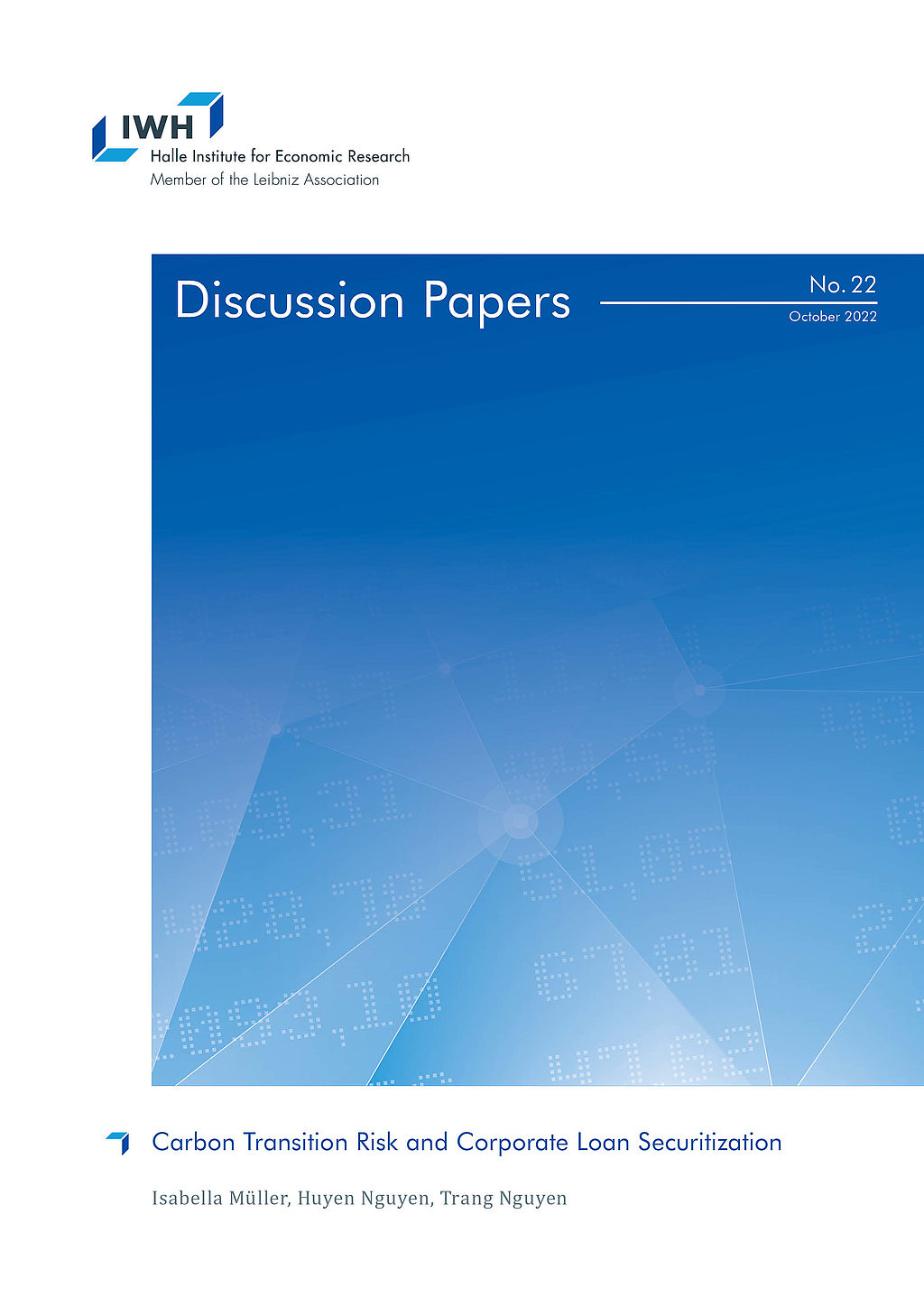
Carbon Transition Risk and Corporate Loan Securitization
We examine how banks manage carbon transition risk by selling loans given to polluting borrowers to less regulated shadow banks in securitization markets. Exploiting the election of Donald Trump as an exogenous shock that reduces carbon risk, we find that banks’ securitization decisions are sensitive to borrowers’ carbon footprints. Banks are more likely to securitize brown loans when carbon risk is high but swiftly change to keep these loans on their balance sheets when carbon risk is reduced after Trump’s election. Importantly, securitization enables banks to offer lower interest rates to polluting borrowers but does not affect the supply of green loans. Our findings are more pronounced among domestic banks and banks that do not display green lending preferences. We discuss how securitization can weaken the effectiveness of bank climate policies through reducing banks’ incentives to price carbon risk.





